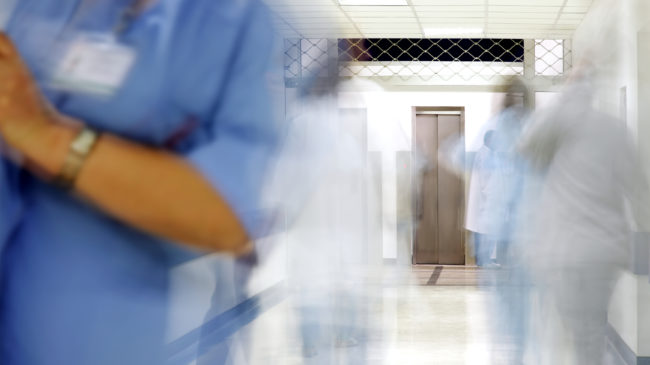In some parts of the country, health care workers are struggling to keep up with a large inflow of COVID-19 patients. To give American health care workers much-needed assistance, the US should allow healthy foreign medical professionals to temporarily enter the country and work at short-staffed hospitals once they have passed COVID-19 screenings.
While many countries are also overwhelmed by the pandemic, some have lower caseloads and may have trained health care workers to spare. One such country is the Philippines, which recently reported a COVID-19 death rate that was about 5 percent of US levels.
The US health care system already relies heavily on immigrants. In fact, 28.5 percent of physicians and 15 percent of registered nurses in the US are foreign-born. In recent years, a large number of Filipino nurses have migrated to the United States, where salary levels are much higher than in their home country. Many more would be able to come if entry requirements were eased.
The two main hurdles facing foreign nurses are obtaining a visa and a state license, the latter required even if they hold a license from a foreign country.
To receive a state nursing license, nurses are required to complete a lengthy testing and application process. Licensing requirements vary across states, but all registered nurses must pass the NCLEX examination administered by the National Council of State Boards of Nursing. Candidates must go to a testing center to complete the exam, and due to social distancing measures, the number of testing appointments have been limited. Foreign nurses must also pass an English language proficiency test and have their credentials evaluated by the Commission on Graduates of Foreign Nursing Schools.
Only after obtaining a license and finding an employer in the US can they apply for a visa. Nurses compete in the H1-B lottery against programmers, engineers and other categories of professionals. The overall cap on the H1-B visa is 65,000 – with an additional 20,000 slots reserved for advanced degree holders. Nurses with less than a bachelor’s degree are not even considered.
According to the American Association of International Healthcare Recruitment, “there are upwards of 15,000 qualified overseas nurses who have passed background checks and US licensure and English language proficiency tests but cannot get their visas processed.” The State Department suspended all routine visa services at all US embassies and consulates on March 20, but will continue to provide emergency and mission-critical visa services as resources allow.
Licensing requirements and definitions of nursing roles vary widely between countries, but many foreign health care providers possess the necessary training to help treat the rising number of COVID-19 patients in the US. To adequately staff our medical facilities, healthy foreign nurses should be temporarily exempted from visa and licensing requirements. Hospitals can then make their own determination as to whether to accept foreign-trained nurses and what standards to set for them.


